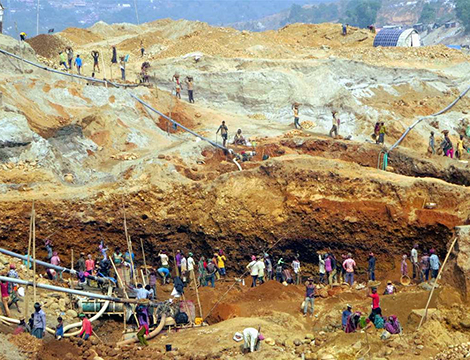
This interview was originally published by the Council on Foreign Relations (CFR) on 25 July 2016.
On July 1, militants attacked a restaurant in one of the Bangladeshi capital’s affluent neighborhoods, taking dozens hostage. Twenty-nine people died, including the five gunmen and eighteen foreign victims. This incident was the most deadly in a recent rise in violence linked to Islamist extremists and occurs amid a polarizing political debate over Bangladesh’s identity and what the role of Islam should be, says CFR senior fellow Alyssa Ayres. “The July 1 attack suddenly pitches Bangladesh into the larger battleground of international terrorism,” Ayres says, emphasizing the decision of the militants to affiliate themselves with a global terrorist movement at the time of the attack. “The Islamic State dimension comes on top of an already tense political climate,” she says.
There has been a recent rise in extremist violence in Bangladesh. Why?
The rise of Islamist extremism in Bangladesh has been noticeable in the last year and a half. But the July 1 attack was different because of the overt desire by those terrorists to affiliate themselves with global terrorism as the attack was unfolding. Prior attacks in Bangladesh were harder to link explicitly to international groups. Though responsibility was sometimes claimed by the self-proclaimed Islamic State or al-Qaeda in the Indian subcontinent, these claims were widely disputed in Bangladesh, where the government tended to blame domestic groups. The July attack was different, not only in terms of scale but also in terms of communication. Islamic State-affiliated media tweeted scenes from the attack as it was underway, and later posted photos of the attackers with an [Islamic State] flag, making it hard to deny a connection. The July 1 attack suddenly pitches Bangladesh into the larger battleground of international terrorism.
